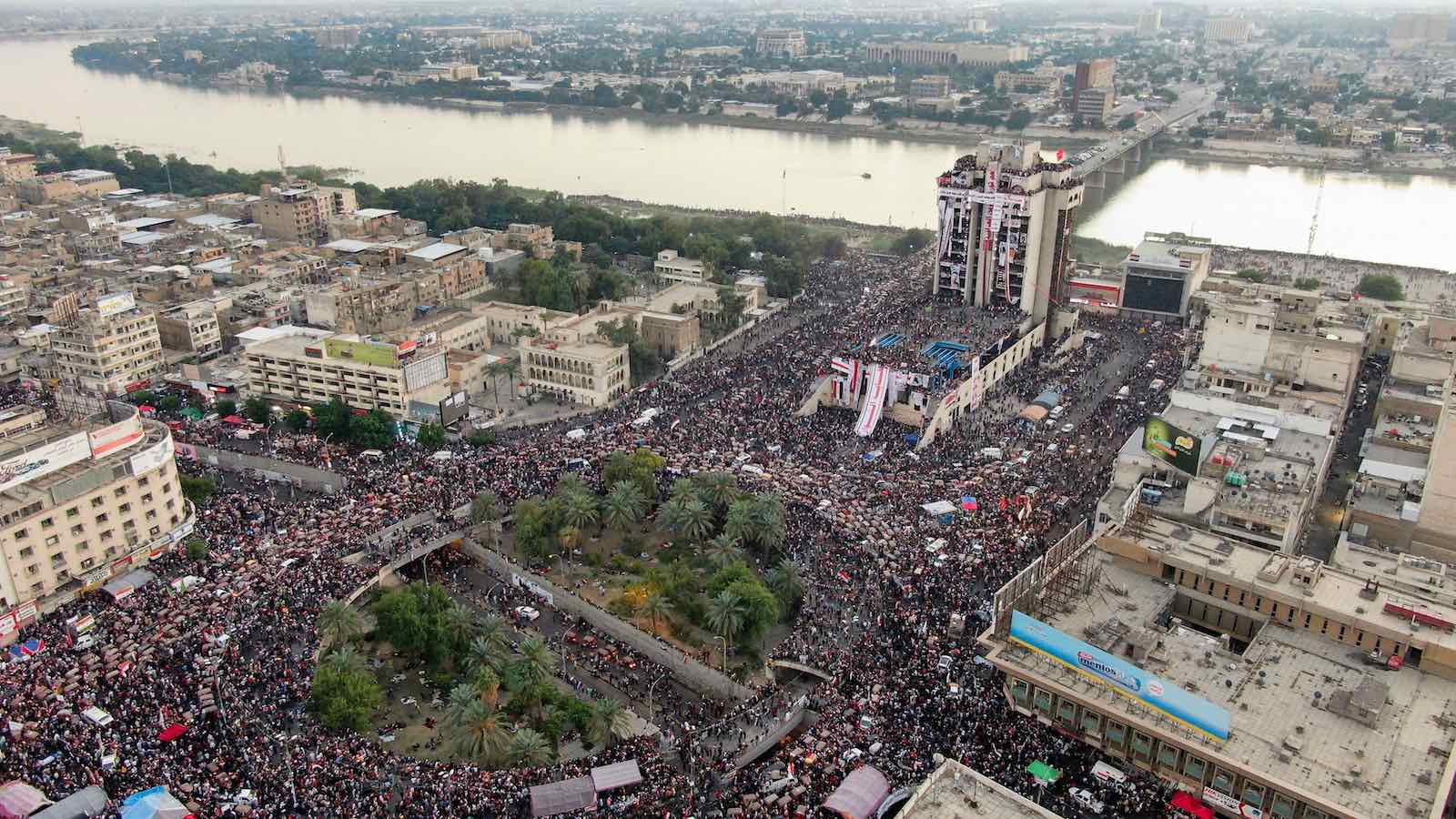For all the good intentions and international support, a local patronage system is the true lodestone on the region.
Popular protests in Lebanon, Iraq and Iran once again mark the level of dissatisfaction that much of the Middle East has with their governments. Calls for freedom and human rights, jobs, and an end to corruption are themes familiar to those both inside and outside these countries. In the case of Iran and Iraq, hundreds of people have paid for their protests with their lives.
And those protests have gained support from liberal democracies. The US special representative for Iran said he was pleased to see the protesters on the streets in Iran. France rather diplomatically supported both the aspirations of the Iraqi protestors and the Iraqi government in the same statement, and likewise Britain spoke of legitimate frustrations in Lebanon.
Yet for all the talk by foreign governments about the legitimacy of the protestors’ complaints about corruption and the need for more jobs, blame for the governance woes across the Middle East is largely with the patronage system followed, rather than the government, per se.
The system, or al nizam in Arabic (Iran shares related problems), is about the relationship between the governed and those governing. It is an architecture of patronage by which the government acts not as the legislature and executive – setting and executing government policy to benefit the nation as a whole – but as a distributor of largesse.
Read the article by Rodger Shanahan in The Interpreter.

